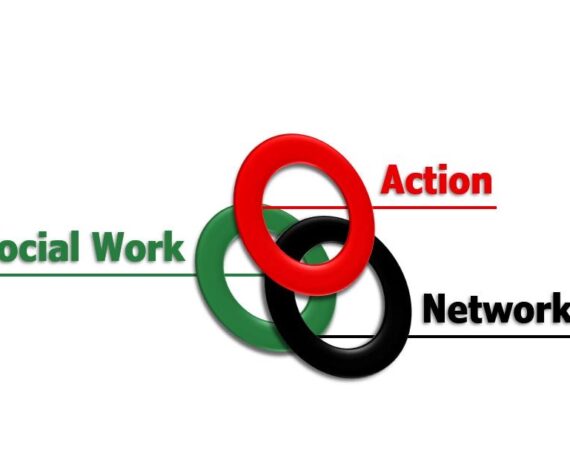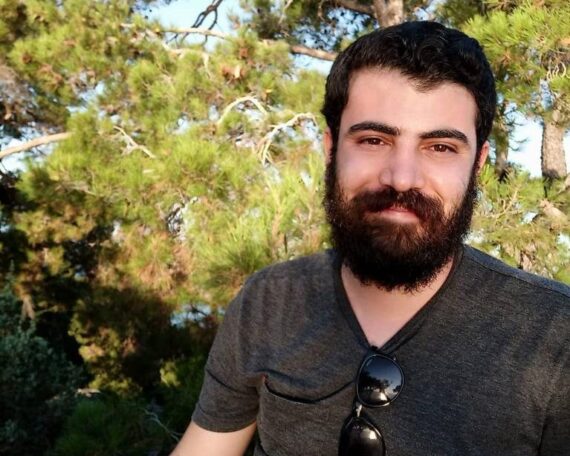Social worker Norbert Ferencz, was placed on probation for three years last Friday for protesting a recently enacted by-law in District VIII in Budapest, aimed at the homeless, that forbids scavenging in bins. Norbert with his group Új Szemlélet Csoport had staged a protest in March, where the directive was defied. Under the by-laws, pushed through by the local council’s Fidesz mayor Máté Kocsis, since January rummaging through bins entails a fine of up to HUF 50,000 (EUR 160.60). Ferencz urged attendees of the protest to defy the ban, and he subsequently appeared in court on a charge of incitement.
SWAN condemn this outrageous action and offer solidarity to Hungarian colleagues and comrades.
The petition in Norbert’s support is here. (NB: apologies for spelling mistakes and date inaccuracies in the original petition statement, these are not amendable).
On a hopeful note, please see the fantastic resistance from our colleagues in Hungary in the two videos below. These actions were lead by The City is for All, a grassroots homeless rights advocacy group itself led by homeless people. The first action was a demonstration, the second a sit-in. These were both against the criminalization of the homeless in Budapest.
Sit in against criminalization of homelessness in Budapest inside the offices of mayor, Máté Kocsis – October 17, 2011.
Demonstration against criminalization of homelessness in Budapest in the offices of mayor, Máté Kocsis – 11th November, 2011. You can read a full report of the action here.
The amendment of the Petty Offence Law was unfortunately passed by the Hungarian Parliament on 14th November, 2011, and takes effect from 1st December, 2011. This makes it possible to fine people “residing in public spaces” up to 530 euros or 60 days of imprisonment, if “the crime” is committed twice in 6 months.
The resistance goes on…


